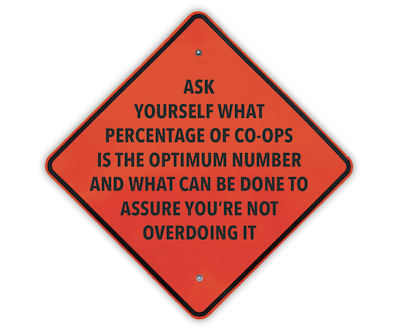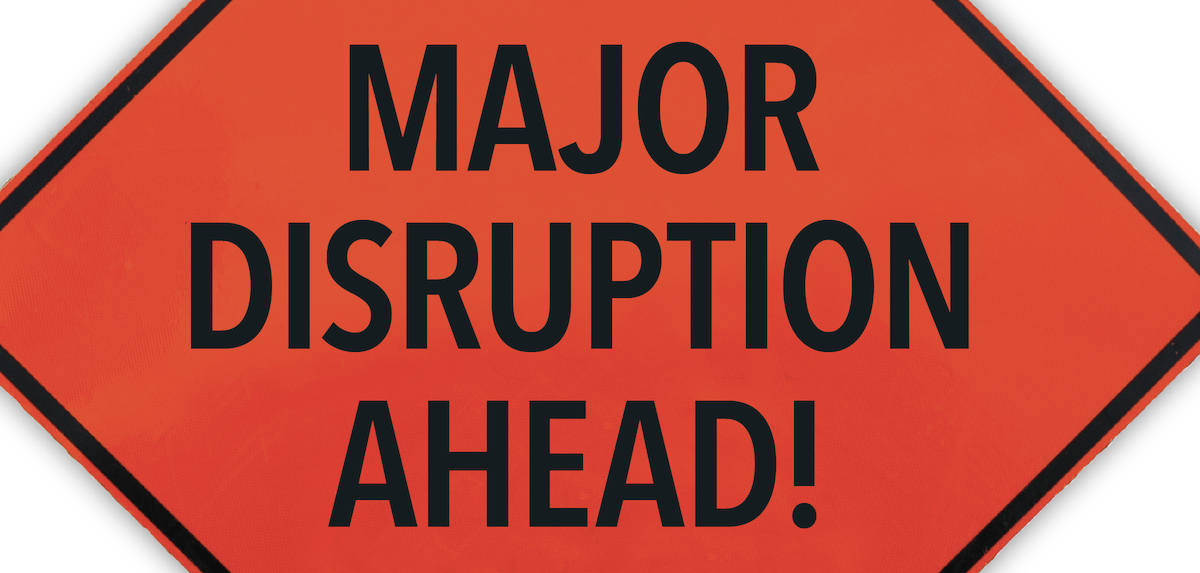A class action lawsuit filed against the National Association of Realtors (NAR) and four major real estate brokerage firms got a lot of attention and is shaking up the “business as usual” mindset of the real estate industry. (Read the latest [Oct. 31, 2023] about legal action regarding broker fees here.)
Simply, the plaintiffs’ goal was to make home selling more affordable by challenging how sales agents share buyers’ broker commissions. But the outcome of this and subsequent suits has the potential to affect how much or whether home builders are responsible for a buyer’s agent sales commission.
For decades, I have been saying that far too many home builders rely too heavily on real estate agents to “make sales” for them. And in the absence of a well-thought-out and monitored policy, such an approach is misguided and costly.
This reliance on buyers’ agents is facilitated through what’s commonly called an “outside co-op” or real-estate-agent–generated sale—a subject I covered a few years ago in these pages. As then, I hope to provoke you to stop and think about your policy (or lack thereof) and how it affects your bottom line.
I will add this disclaimer: To achieve an optimum level of new-home sales that meet your revenue and profit goals, a reasonable level of outside co-op sales is warranted. Your objective is to understand what that ratio should be.
Determine Your Sales Objective
The 3% or so commission you pay for an outside co-op sale—on the surface and taken one at a time—may not seem like much. But have you ever thought about how much those 3% commissions detract from your gross profit, and how they should be controlled? If not, consider this example:
Your sales price is $400,000, and gross profit on a direct (non-outside co-op) sale is 12%, or $48K. But if that sale is a co-op at 3% commission, $12K is taken right off the top of your gross profit, reducing it to $36K. That’s one-quarter of your potential gross profit from a direct (non co-op) sale!
But, in terms of your total sales objective, what percentage of co-ops is the optimum number and what can be done to assure you’re not overdoing it? Let me provide some key terms and scenarios to better understand the situation.
Backdoor sales:
If you’re not familiar with that term, it refers to outside real estate agent or broker sales that weren’t properly registered but can be determined to be the “procuring cause” of a real estate transaction; that is, the actions and efforts of an agent that ultimately result in the sale of a property. The NAR and various states may define it more broadly or more specifically, but what’s more important is how you define “procuring cause” in your outside broker/real estate agent sales policy.
Here’s how a backdoor sale works to achieve procuring cause and a resulting commission for an outside agent: An unaccompanied prospect shows up at your sales office and is successfully converted into a buyer. In the absence of some previous contact from a real estate agent, either through online registration or personal contact with your salesperson, an agent calls within hours, days, weeks—or perhaps not until closing—and claims to have been working with the homebuyer all along and is seeking a commission.

Human nature says, and research has shown, that some builder salespeople will simply go along and put that agent down for a commission to maintain “a good relationship” with them and to keep co-op sales coming. Builders that resist and try to explain a broker/agent registration policy (albeit after the fact) are occasionally threatened with being blackballed among the local real estate community.
My advice: Use your sales compensation program to motivate your salespeople to take a personal interest in generating the most direct (non-agent/broker) sales possible and achieve a higher percentage of those sales among all sales. When something becomes personal, it becomes important, but unless your compensation program is structured so your salespeople have skin in the game, you (and they) will likely default to allowing backdoor sales simply to avoid conflict.
Buyer agents:
Inherent conflicts of interest are built into the “buyer agency” rule. A significant part of the class action lawsuit deals with the premise that the seller (in this case, a home builder) pays a sales commission that goes to the buyer’s agent.
Some buyer’s agents use persuasive statements to entice new-home shoppers to use their services, such as claiming buyers need an agent to “protect” them from a builder and saying they can obtain better financing and options/upgrades pricing than what the builder offers and can even lower the overall sales price of a new home—all based on the premise that the builder will pay for such services as part of a co-op sale.

Find Out Who Is Representing the Homebuyer
As you can imagine, it’s critical for your salespeople to determine—as soon as possible—if a potential buyer is being represented by a broker or real estate agent. But there is a right and a wrong way to do that.
The right way is to include the question on your initial registration form or marketing survey (or whatever you call it, both in the sales office and online) that reads, “Accompanied and registered by a Realtor or broker agent: check yes or no.”
The wrong way is for the salesperson to directly ask a prospective buyer, “Are you working with a real estate agent?” Why? To me, it’s an invitation, if perhaps even a directive, that the buyer should be working with an agent or broker. With that suggestion still on their minds, prospects tour your models, thank your salesperson, and then come back with a friendly local agent in tow. Direct sale lost.
The class action lawsuit has generated many articles and comments from industry experts. I recently read one in which a real estate agent said, “Consumers will benefit greatly from this,” to which I say, “So can builders.”
It may take years for this legal action to be decided, and the plaintiffs may or may not prevail. I do know that the lawsuit and its media coverage has resulted in a higher level of consciousness within the real estate industry, providing builders the opportunity to take a more affirmative and proactive role with their co-op sales policies.
Look for a follow-up to this article soon, which will cover the risks of outsourcing the most important function of your business operation (sales) to a real estate firm.
And, if you’ve experienced backdoor sales or have any other comments on this article you think should be addressed in the next article or another in the future, please reach out using the email below. I am in contact with the firm that filed the class action lawsuit. Or if you would like information about how to put “skin in the game” as a part of your sales compensation program, please contact me at the email below.
Access a PDF of this article in Professional Builder's December 2019 digital edition













